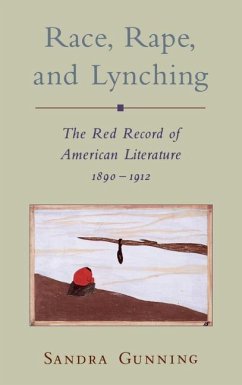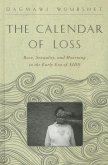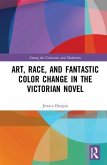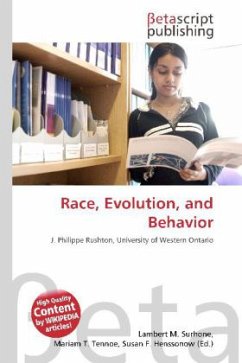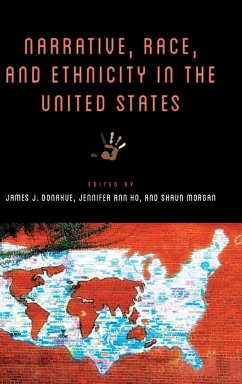Wells: famous, infamous, or long-neglected figures who produced novels, essays, stories, and pamphlets in the volatile period of the 1890s to the early 1900s, and who contributed to the continual renegotiation and redefinition of the terms and boundaries of a national dialogue on racial violence.
Looking at the work of Charles W. Chesnutt, Kate Chopin, Thomas Dixon, David Bryant Fulton, Pauline Hopkins, Mark Twain, and Ida B. Wells, Sandra Gunning examines a range of writers who contributed to the national renegotiation and redefinition of the terms and boundaries of a national dialogue on race, gender, and lynching. In doing so, she argues for a clearer analysis of the issues that were mediated by the figure of the black rapist: namely differing national and community concerns about the black family, black women and rape, white female agency, and black as well as white masculinity as very different, but equally embattled cultural and social positions. Taken together, Gunning argues, these concerns signify the tangle of race and gender which characterized nineteenth century literature on lynching. Race, Rape, and Lynching, the newest addition to the Race and American Culture series, offers the most in-depth discussion on the interplay between sexuality and race in nineteenth-century American literature. In particular, Gunning's focus on the literary strategies of women writers in addressing issues of rape and lynching widens the lens through which we see this volatile period in American history and culture. The book is certain to interest readers across disciplines, including literary, African-American, and women studies.
Looking at the work of Charles W. Chesnutt, Kate Chopin, Thomas Dixon, David Bryant Fulton, Pauline Hopkins, Mark Twain, and Ida B. Wells, Sandra Gunning examines a range of writers who contributed to the national renegotiation and redefinition of the terms and boundaries of a national dialogue on race, gender, and lynching. In doing so, she argues for a clearer analysis of the issues that were mediated by the figure of the black rapist: namely differing national and community concerns about the black family, black women and rape, white female agency, and black as well as white masculinity as very different, but equally embattled cultural and social positions. Taken together, Gunning argues, these concerns signify the tangle of race and gender which characterized nineteenth century literature on lynching. Race, Rape, and Lynching, the newest addition to the Race and American Culture series, offers the most in-depth discussion on the interplay between sexuality and race in nineteenth-century American literature. In particular, Gunning's focus on the literary strategies of women writers in addressing issues of rape and lynching widens the lens through which we see this volatile period in American history and culture. The book is certain to interest readers across disciplines, including literary, African-American, and women studies.

